A paradise for nature and wildlife lovers, Ranthambore has long been one of the top centres of attraction in Rajasthan, India. Standing out from other tourist places owing to its location, flora, and fauna, Ranthambore holds within itself stories of the rich history of the state’s glorious past.
We will cut straight to the chase. Here are some of the most popular places to visit in Ranthambore for a travel experience that enthralls: -
Ranthambore Fort
Located about 5 kilometers inside the Ranthambore National Park, Ranthambore Fort is a marvel of the Chauhan dynasty. Serving as a landmark to the National Park, the fort stands amidst dense forest.
Although the exact date as to when the fort was constructed is not known, it is believed that the construction began around the 10th century AD when King Sapaldaksha was the ruler. However, the structure could only be completed by 12th century AD during the reign of Rao Hammir Deo Chauhan.
One of the most spectacular places to visit in Ranthambore, the fort was initially established to serve as a hunting reserve for the royals. Strong walls surround the fort, while stone steps lead way to the top of the structure. Now a UNESCO World Heritage Site, the fort is one of the top tourist places in Ranthambore. Hammir’s Court, Badal Mahal, Phansi Ghar, and Dhula Mahal are some of the popular structures to see within the fort complex.
Trinetra Ganesh Temple
Situated within the Ranthambore Fort is the Trinetra Ganesh Temple which is another very popular place to visit in Ranthambore, especially amongst Hindu devotees. Also known as Pratham Ganesha temple, this temple houses the entire family of Lord Ganesha including Riddhi Siddhi, his two wives, and Shubh Labha, his two sons.
Believed to be one of the oldest temples in Rajasthan, the Trinetra Ganesh temple was built by King Hammir. A legend suggests that on a particular occasion when the king was on war and his food stock had run out, he dreamt of Lord Ganesha. Later, not only did the war stop, but his food supplies replenished too.
The local post delivers thousands of letters and invitations that people send to the temple, following the Hindu tradition that the first invitation for any auspicious event should always be sent to Lord Ganesha.
Surwal Lake
Set amidst charming natural surroundings, Surwal Lake is one of the best places to visit in Ranthambore for sightseeing. The Lake is mostly shallow and dries up during summer. However, it is during the monsoon that the lake comes to life, with different species of migratory birds visiting the lake to pick their food. Other than monsoon, winters also make for an ideal time to visit this place.
Hidden away in isolation, Surwal Lake is apt for folks seeking some peace and calm.
Padam Talao
The largest and most beautiful of the three lakes in the reserve, Padam Talao is the main source of water to animals in the forest area. While on your Ranthambore tour, visit the lake early in the morning. You will come across large varieties of wild animals drinking water here.
During monsoons, the lake gets packed with lotus blossoms, making it a beautiful sight for watchers. Tigers, crocodiles, and Chinkara deer are a few among the animal species that you can spot here. Padam Talao also serves as a great location for wildlife photography, making it a delightful place to visit in Ranthambore.
Raj Bagh Talao and Ruins
Located a little further away from Padam Talao is yet another lake within the reserve known as the Raj Bagh Talao. Surrounded by lush greenery, the lake serves as another popular place to visit in Ranthambore for spotting animals, especially tigers. Animals mostly come around the lake during the mornings and evenings when the weather gets cooler.
Sitting on the extreme edge of this lake is the Raj Bagh Ruins that lend the place its quaint vibe. Make sure you add this spectacle to your Ranthambore trip.
Jogi Mahal
Located at a distance of around 500 metres from the Ranthambore Fort, Jogi Mahal was built by the royalties of Jaipur to serve as a hunting lodge in the yesteryears. Situated on one of the banks of the Padam Talao, the establishment offers picturesque views of the surrounding forests that stretch for miles beyond.
Jogi Mahal was transformed into a guest house for the visitors of Ranthambore soon after the generations of Maharajas declined. However, the structure is now closed for lodging altogether. Jogi Mahal continues to stand as a reflection of the fine Rajasthani architecture. Plus, it is also home to what is known as one of the largest banyan trees in the nation.
Lakarda and Anantpura
Lying to the north and north-western portions of the Ranthambore National Park, Lakarda and Anantpura also come among the most visited tourist places in Ranthambore. Comprising of dense forests and honeycombs, these regions are frequently visited by Indian sloth bears and monkeys.
Advancing along the pathways here during a Ranthambore tour, it is possible for tourists to come across pugmarks of the Indian striped hyenas. This species is found in small numbers; Lakarda and Anantpura are a few spots where one can see them.
Akaula Region
There is a wealth of places to visit in Ranthambore, and the one that brings you closest to nature is the Akaula region. Recognized as one of the most densely forested regions within the reserve, the Akaula region consists of various pools and waterholes. The presence of all these water bodies helps to keep the region cool even in summers. Pleasant weather and availability of water make this area of the forest a favourite haunt with wild animals. There is a fair possibility that you might spot a tiger in this area.
If intriguing wildernesses inspire you, then a trip to the exotic Ranthambore is what you need. You can select a tour package to Ranthambore or get a safari package when there. Usually, the months between October to June mark the ideal time for visiting this destination.






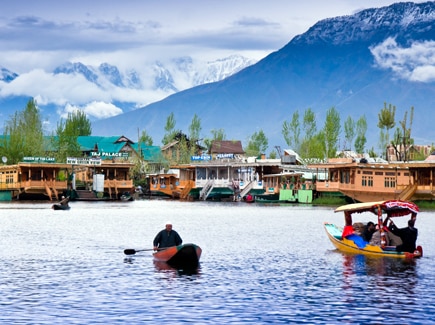
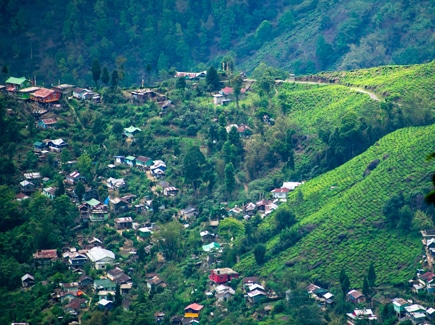
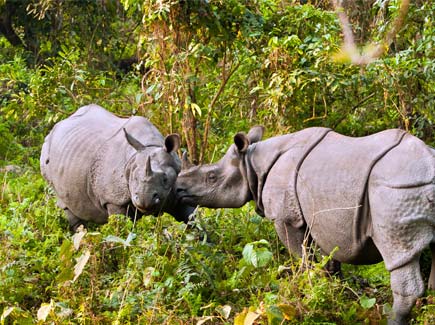

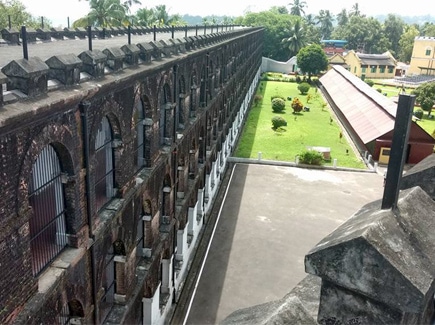
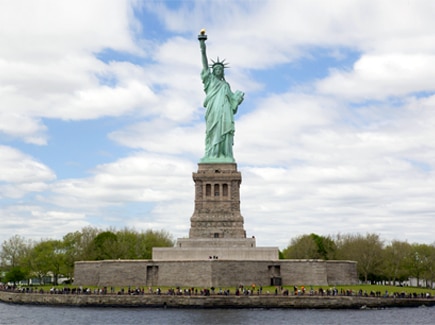
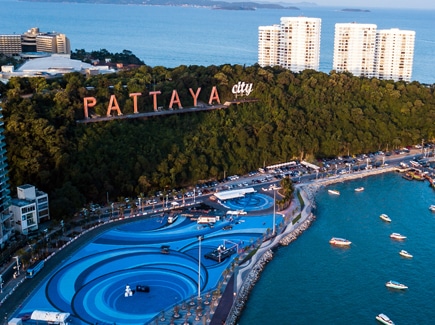
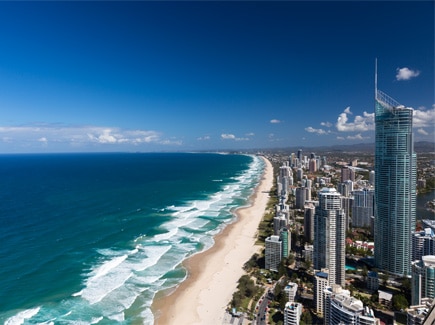
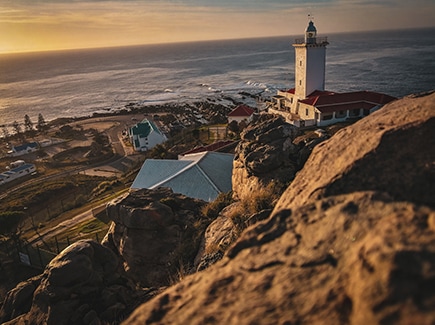














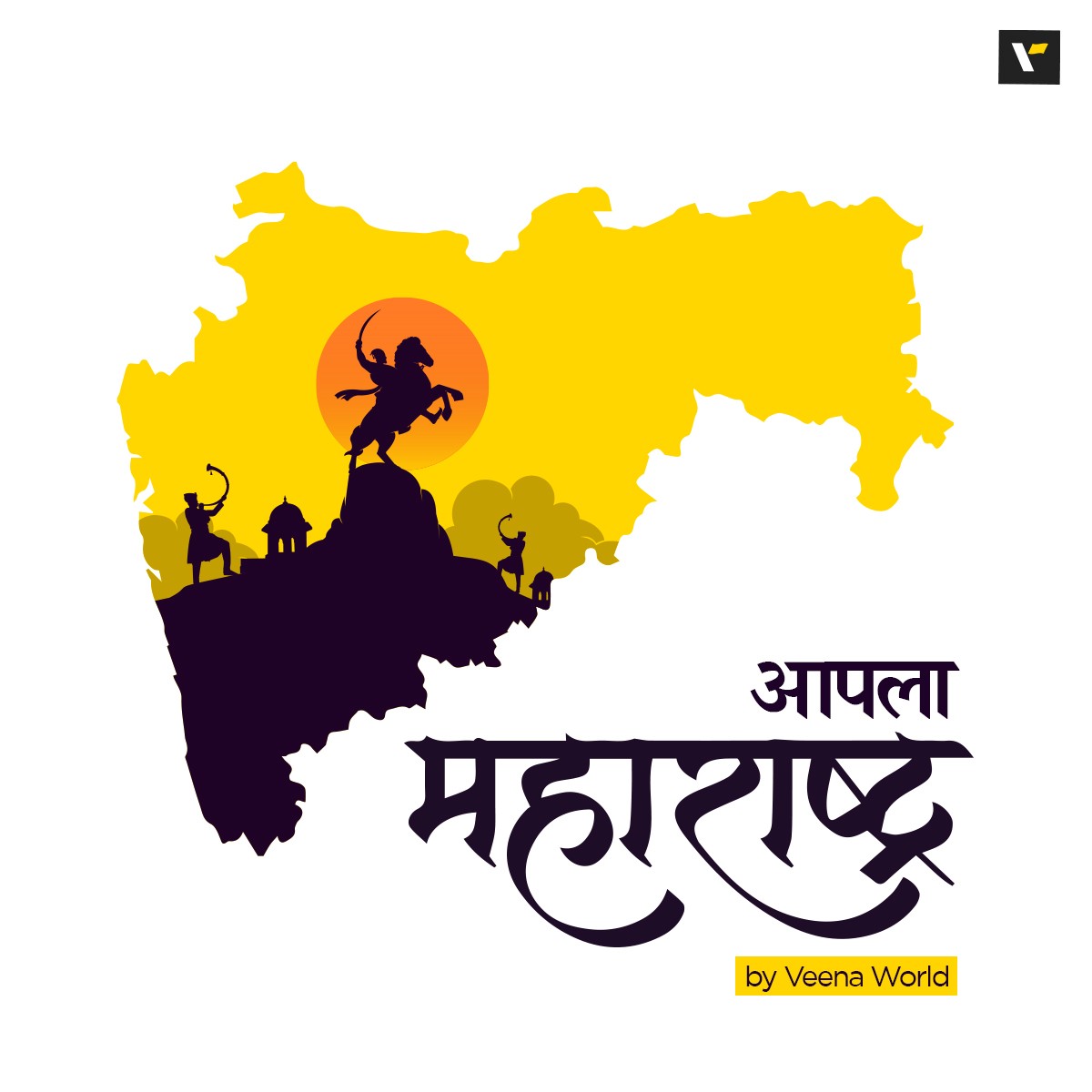


























Post your Comment
Please let us know your thoughts on this story by leaving a comment.